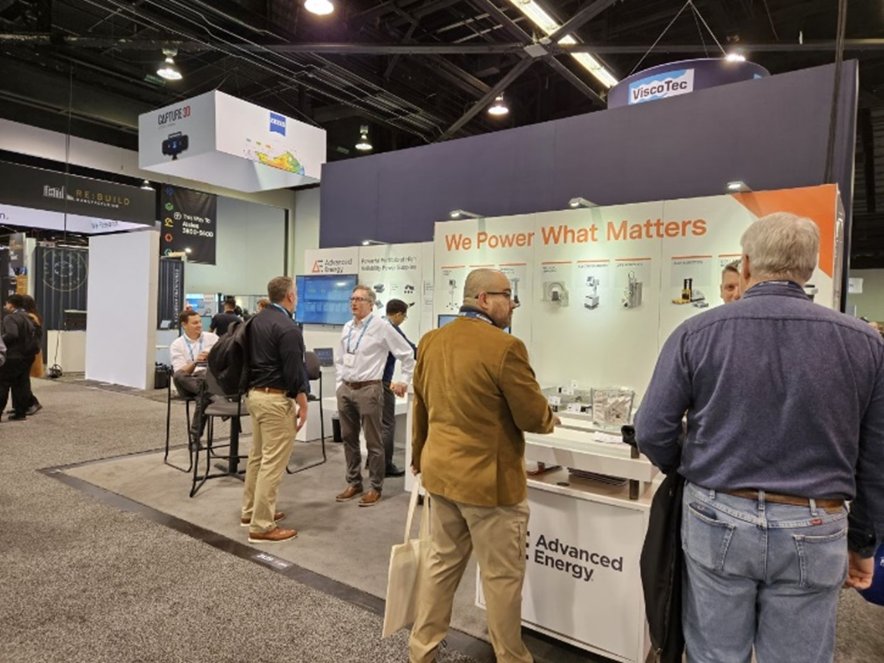Five Things to Consider When Getting Your Product Serviced
Posted April 09, 2019 by Lauren Kennedy
Any amount of production downtime caused by equipment failures equates to significant lost revenue. This means that sourcing a service partner to repair the failed equipment can make or break your revenue and production goals for the quarter. As such, finding the right partner is key and here are five ways to ensure that the partner you choose can help you achieve success:
1 - Quality
Of course, quality is number one. What could be more important? Everyone wants to have the piece of mind that their equipment repair will be done correctly, with high quality parts, and that it will last for a long time. So how do you know you’re getting a high-quality repair? The best way to know, is to do some research.
- Does the service center use OEM-qualified parts?
- Is their technical staff knowledgeable and well-trained?
- What sort of standards do they follow for repair and test procedures?
- How familiar are they with your particular unit; do they service this model often?
There’s no harm in asking these questions before deciding where to take your equipment. After all, what’s more important than quality?
2 - Price
Unfortunately, yes, price is a huge factor. Most of the time low price and high quality are at odds with one another. Let’s compare it to buying furniture. You could spend $100 on a couch and it would probably be fine, but after a few months it will undoubtedly start to wear. More likely, within a year it will be broken or torn and you’ll be in the market for a new one. So, what if you had just spent a little more to begin with? The same thing is true of repair. You can pay a little now for cheaper parts and less rigorous test procedures, and it might get you by for a while. But down the road you’ll be repairing the same thing again and wondering whether spending a little more the first time around would have kept your equipment up and running for longer. Chances are, the more expensive repair upfront actually saves you money in the long run on multiple repairs and on lost tool uptime.
3 - Turn-Around Time
There’s nothing worse than a piece of equipment breaking down. Every moment without that equipment running is lost revenue. So, on top of price and quality, you want to make sure you are getting your equipment back up and running as soon as possible. Look for service providers with a global presence and proven track record of completing repairs quickly. Or ones that provide top-notch technical support, so you can try to resolve your problem over the phone or via email without even shipping it to a service center.
4 - Expertise
There are many service providers touting their ability to repair nearly any piece of equipment you might have. How can you trust this to be true? If you had a highly specialized foreign car, for example, would you take it to just any shop to get it worked on? You would want to know that they knew how to fix it and had the parts to do it correctly. You can bet that the company that built your equipment knows how to work on it, and probably knows a few tricks and tips too. Look for an organization that offers 24/7 technical support, stringent test procedures, proprietary test software and highly experienced technicians.
5 - Overall Value
The real question is: What else can your service center do for you? Maybe it’s upgrades to keep your equipment up-to-date with the latest fixes as they are released, or refurbishments to restore your unit to its original performance levels and extend its life. Perhaps it’s custom engineered solutions to add features you never knew you could have on that unit. Perhaps it’s retrofit options when your unit has aged and repair is becoming too costly, allowing you to keep your tool up and running with a new drop-in solution. When you contact you service partner, make sure they share additional service offerings available for your unit. This proactive approach helps prevent future repairs and keep your equipment running longer.
For more on AE’s global support and service:


.png?resizemode=force&maxsidesize=884)